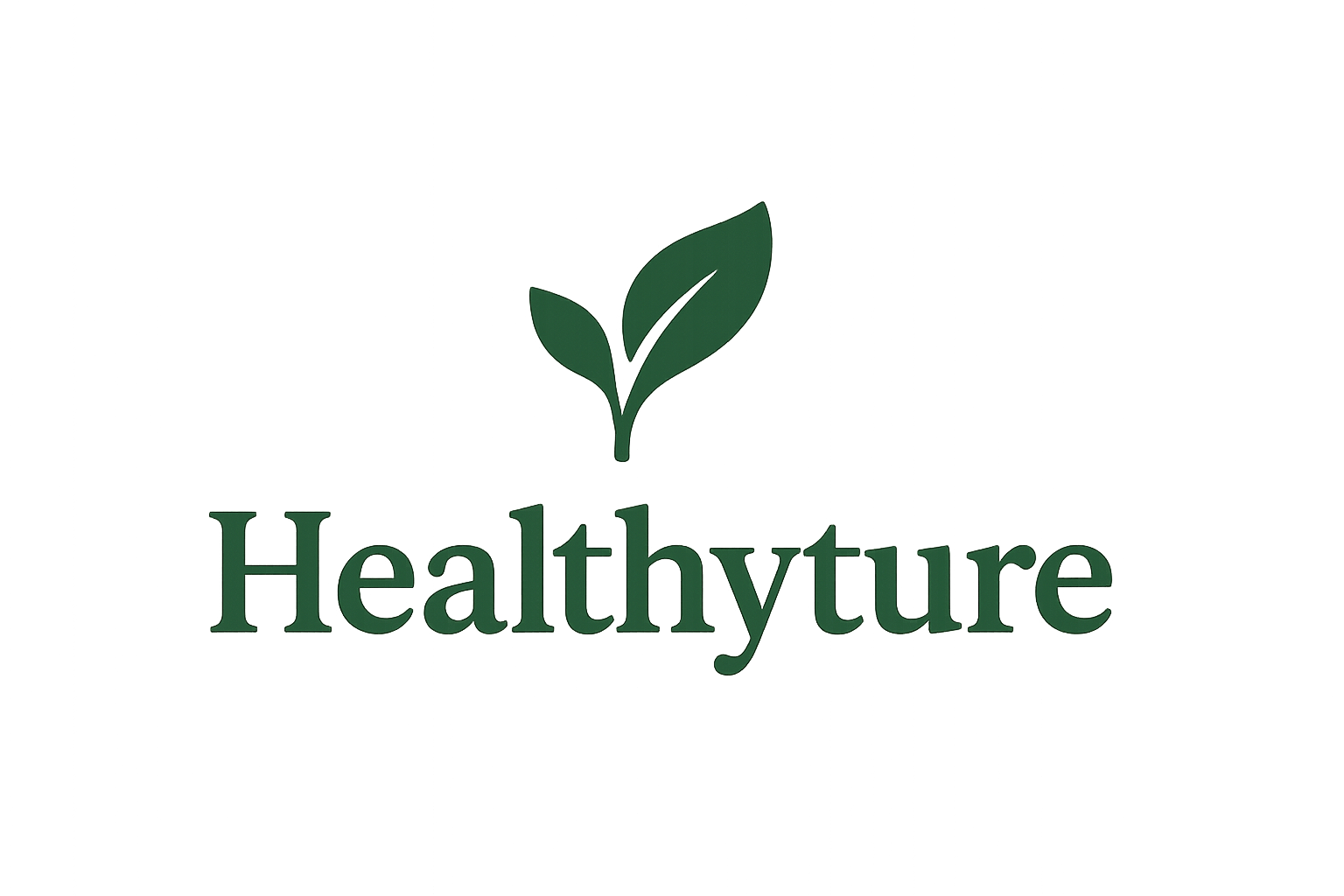Introduction
Walk into any health store or browse online, and you’ll see thousands of supplements promising muscle growth, fat loss, energy, or better health. From protein powders to miracle fat burners, it feels like there’s a pill or powder for everything.
But here’s the truth: most supplements don’t work.
In fact, the global supplement industry (worth $170+ billion) thrives because people believe in quick fixes. Yet, only a handful of supplements are backed by solid science. The rest are either overhyped or completely useless.
So, what actually works? Which supplements are worth your money, and which are a waste of time?
This guide breaks it all down, covering:
- ✅ The role of supplements in fitness & health
- ✅ Which supplements are proven by science
- ✅ Which ones are overhyped and unnecessary
- ✅ How to safely use supplements
- ✅ FAQs about supplementation
By the end, you’ll know exactly which supplements can help you — and which ones you should skip.
🔹 The Role of Supplements: Support, Not Magic
The word supplement itself tells the truth: these products are meant to supplement your diet, not replace real food.
- Supplements are not magic pills.
- They work only if your diet, training, and sleep are already on point.
- Think of them as the “extra 10% boost,” not the foundation of your results.
👉 If you’re not eating well or training consistently, supplements won’t save you.
🔹 The Supplements That Actually Work
Here are the top evidence-based supplements backed by research in 2025.
1. Protein Powder (Whey, Casein, Plant-Based)
- Why it works: Helps you meet daily protein needs, which are essential for muscle growth and recovery.
- Science says: Consuming 1.6–2.2g protein per kg of body weight builds muscle effectively.
- Best for: Gym-goers, athletes, busy people who can’t cook protein-rich meals daily.
- Examples: Whey isolate, casein, pea protein, soy protein.
2. Creatine Monohydrate
- Why it works: Boosts strength, endurance, and muscle size by increasing ATP (energy) in your muscles.
- Science says: Over 700 studies prove creatine is safe and effective.
- Best for: Anyone who lifts weights, plays sports, or wants more energy.
- How to take: 3–5g per day (no need for expensive blends).
3. Caffeine
- Why it works: Increases energy, focus, and workout performance.
- Science says: Improves endurance and strength in most studies.
- Best for: Pre-workout energy, fat burning, mental alertness.
- Sources: Coffee, tea, pre-workout powders, caffeine pills.
4. Omega-3 Fatty Acids (Fish Oil or Algae Oil)
- Why it works: Supports heart health, reduces inflammation, helps joint recovery.
- Science says: EPA and DHA (omega-3s) are essential for brain and heart health.
- Best for: People who don’t eat fatty fish (salmon, sardines).
- Bonus: May improve workout recovery.
5. Vitamin D
- Why it works: Supports bone strength, hormone balance, and immune function.
- Science says: Deficiency is linked to fatigue, weak immunity, and low testosterone.
- Best for: People who don’t get enough sunlight.
- Tip: Get tested before supplementing.
6. Multivitamins (Optional)
- Why it works: Fills small nutrient gaps in diet.
- Science says: Not necessary if you already eat a balanced diet, but can help beginners.
- Best for: People with poor diets or busy lifestyles.
🔹 Supplements That Are Overhyped
Not everything on the shelf is worth your money. Here are supplements that don’t live up to the hype:
- ❌ Fat Burners – Mostly caffeine and fillers; don’t burn fat magically.
- ❌ BCAAs (Branched Chain Amino Acids) – Useless if you’re already eating enough protein.
- ❌ Testosterone Boosters – Natural boosters are weak; most don’t raise testosterone meaningfully.
- ❌ Detox Teas & Cleanses – Marketing scam; your liver and kidneys already detox your body.
- ❌ Expensive “Special Blends” – Usually overpriced mixes of cheap ingredients.
🔹 How to Use Supplements Safely
- Food First: Always build your diet on whole foods before adding powders and pills.
- Check Labels: Avoid supplements with proprietary blends (hidden doses).
- Third-Party Tested: Look for NSF Certified or Informed-Sport logos.
- Dosage Matters: More is not always better. Follow science-backed doses.
- Consult a Doctor: Especially if you’re pregnant, on medication, or have health issues.
🔹 Sample Supplement Stack (Beginner-Friendly)
If you’re starting out and want a simple, effective supplement routine, here’s a proven stack:
- Whey protein powder (after workouts or with meals)
- Creatine monohydrate (3–5g daily)
- Fish oil (1000–2000mg daily)
- Vitamin D (if deficient)
- Caffeine (optional for energy before workouts)
👉 That’s it. No magic. Just science-backed basics.
🔹 FAQs About Supplements
Q1: Do I need supplements to build muscle?
No. Food + training + sleep are enough. Supplements just make it easier.
Q2: What’s the best supplement for fat loss?
None. Fat loss comes from a calorie deficit. Caffeine can help with energy, but diet matters most.
Q3: Are natural supplements safer than synthetic ones?
Not always. Safety depends on quality, not marketing labels.
Q4: Can I take too many supplements?
Yes. Overdosing vitamins or minerals can be harmful. Stick to recommended amounts.
Q5: Which is better — whey protein or plant protein?
Both work. Choose whey if you’re not lactose intolerant, plant protein if you’re vegan.
Lorem ipsum dolor sit amet, consectetur adipiscing elit. Nibh vel sed amet, ut adipiscing elit fermentum. Orci, feugiat ullamcorper molestie maecenas tincidunt









Leave feedback about this